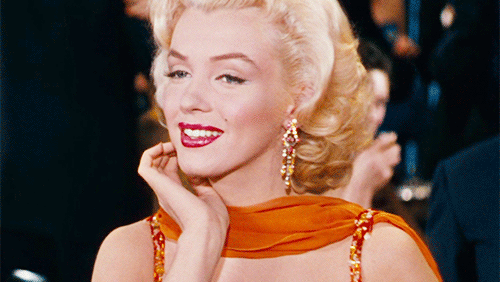Welcome to the dark side of the podcasting: Intellectual Property! That’s right, you won’t be able to integrate everything that you want into your podcast. So here’s a little overview of copyright legislation.
Include original content in your podcast
Ideally, you should only share original content and not include content that does not belong to you. The best way to protect yourself would be to do everything yourself. If you’re a lone operator and you excel in all areas, great! However, not everyone has the chance to come from planet Krypton. It may be that you need a bit of help when it comes to creating your podcast’s intro, for example. This is where it gets complicated.
Even if your friend composes a musical intro free of charge, you’ll need to have them sign an assignment of rights in order to have the right to use their creation. The same goes for your columnists, or anyone you might interview. The law of intellectual property is strict on this subject: without this document, if, for one reason or another, the person does not want you to use their content, you will be obliged to withdraw it.
Integrate royalty-free content
Royalty-free content is grouped under the so-called Creative Commons License, which means that the author has decided to allow you to use their work. Careful, as it’s still necessary to make sure that you verify the license, as there are several options which govern it:
Attribution
The work can be freely used, provided that the author is cited.
Non derivative work
The modification of the work is forbidden, it cannot be edited (remix etc.).
Non-commercial usage
The work cannot be used for commercial purposes. Revenue cannot be generated with this use. This is an attribution non commercial.
Share Alike
Reproduction and modification of the work is authorized provided that they are shared under the same conditions.
These options can be combined to create 6 licenses.
- ATTRIBUTION
- ATTRIBUTION-NONCOMMERCIAL
- ATTRIBUTION-NODERIVS
- ATTRIBUTION-NONCOMMERCIAL-NODERIVS
- ATTRIBUTION-NONCOMMERCIAL-SHAREALIKE
- ATTRIBUTION-SHAREALIKE
And public domain?

Intellectual property rights protects works 70 years after the death of the author. Once this time has passed, the works enter the public domain and anyone can use them without having to ask permission. In the case of musical works (especially classical music), be careful to respect the rights of the performer, publisher or producer (who may not have been dead for over seventy years).
Nevertheless, even for works that have fallen into the public domain, one must always be careful to respect the moral rights of the author, which are unlimited in time. In practice, it is advisable to respect the integrity of the work, not to deface it i.e. cut it, remove or add elements such as a new drum line… (for more on this subject: https://www.sacd.fr/droit-moral-droit-patrimonial)
Embedding content all rights reserved
If you want to use Rihanna’s latest title for your podcast intro, create a movie dialogue mix or simply want to use any content that is not royalty-free, you’re going to need to ask the artist and their producer permission. Moreover, you’re most certainly going to have to pay for it.
There is also what is called the right of short quote, which means that you can insert, as an illustration of your subject, or to carry out a criticism, a few seconds of a work. Keep in mind that the right of short quote? does not allow you in any case to use all rights reserved content within your podcast or during your intro and extro. (unless you have permission from Rihanna and her producer.).
In any case, whether you use original content, free content or all rights reserved content, you will need to credit the authors at the end of your podcast or directly in your description.
How to protect your podcast?
In accordance with the code of intellectual property, your work is protected as of its creation. However, to protect your content and your name more effectively, here are some quick tips.
- Register accounts on social networks with the name of your podcast.
- Reserve the domain name related to your podcast.
- Create an association or company to protect your podcast.
If intellectual property issues remain obscure for you, don’t hesitate to consult a lawyer specializing in intellectual property law or media law.
Now that you know how to protect your podcast, why not discover how to manage your time when it comes to recording?

Launch your podcast with Ausha
All-in-one platform to easily launch and grow your podcast.
Start for Free